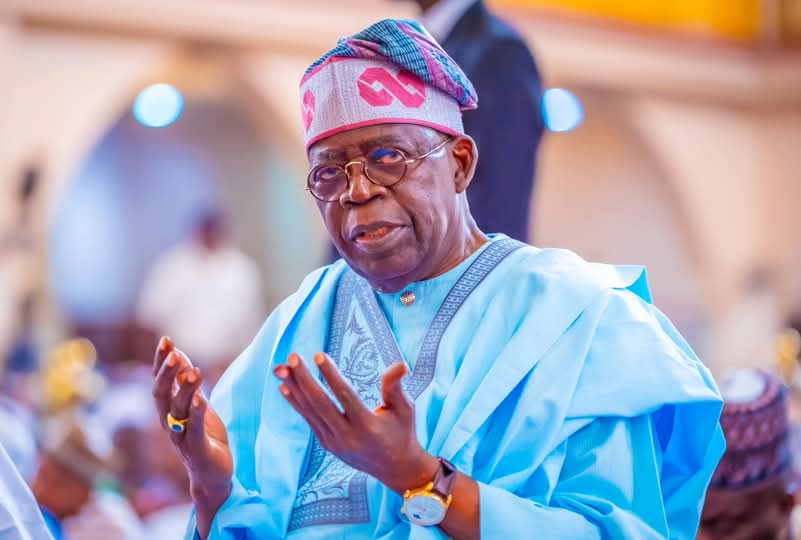Headline
Rivers crisis: Read history of emergency rule in Nigeria since 1999

President Bola Ahmed Tinubu has declared a state of emergency in Rivers State, citing the ongoing political crisis that has plagued the oil-rich state since September 2023.
In a nationwide broadcast on Tuesday, the president announced the suspension of Governor Siminalayi Fubara, his deputy, Prof. Ngozi Odu, and all elected members of the Rivers State House of Assembly for an initial period of six months.
To oversee the affairs of the state during the emergency rule, Tinubu appointed former Chief of Naval Staff, Vice Admiral Ibok-Ete Ibas (Rtd.), as the sole administrator.
The declaration comes amid heightened tensions in Rivers State, with political divisions between Governor Fubara and his predecessor, Nyesom Wike, now Minister of the FCT, causing prolonged instability.
READ ALSO: Atiku reacts to Tinubu’s state of emergency declaration in Rivers
The president justified the emergency rule by pointing to the breakdown of governance, threats to security, and acts of vandalism, particularly targeting oil infrastructure.
The decision has sparked mixed reactions, with opposition parties and civil society groups questioning the legality of suspending elected officials.
Atiku Abubakar, former Vice President and 2023 PDP presidential candidate, has already condemned the move, calling it an assault on democracy.
Platinumpost reports that, the 1999 Constitution, under Section 305, empowers the President to declare a state of emergency under specific conditions.
The proclamation must be published in the government gazette and transmitted to the National Assembly for approval.
A two-thirds majority of the National Assembly is required to validate the declaration, ensuring a system of checks and balances to prevent abuse of executive powers.
Since Nigeria’s return to democracy in 1999, Tinubu’s action marks the fourth time a state of emergency has been declared by a sitting President.
Here are other notable instances:
1. Plateau State (2004)
In May 2004, President Olusegun Obasanjo declared a state of emergency in Plateau State following a surge in ethno-religious violence that led to widespread killings and destruction. The governor and state assembly were suspended, and Major General Chris Alli (retd.) was appointed administrator to restore order.
2. Ekiti State (2006)
A leadership crisis in Ekiti State prompted Obasanjo to impose emergency rule in October 2006.
The crisis stemmed from the controversial impeachment of Governor Ayo Fayose, which plunged the state into chaos. Brigadier General Adetunji Olurin (retd.) was appointed administrator until the situation stabilized.
3. Borno, Yobe, and Adamawa States (2013)
Amid escalating Boko Haram insurgency, President Goodluck Jonathan declared a state of emergency in Borno, Yobe, and Adamawa states on May 14, 2013.
Unlike previous instances, governors and state assemblies were not suspended; instead, the federal government deployed more troops and imposed curfews to curb insurgent activities.





















